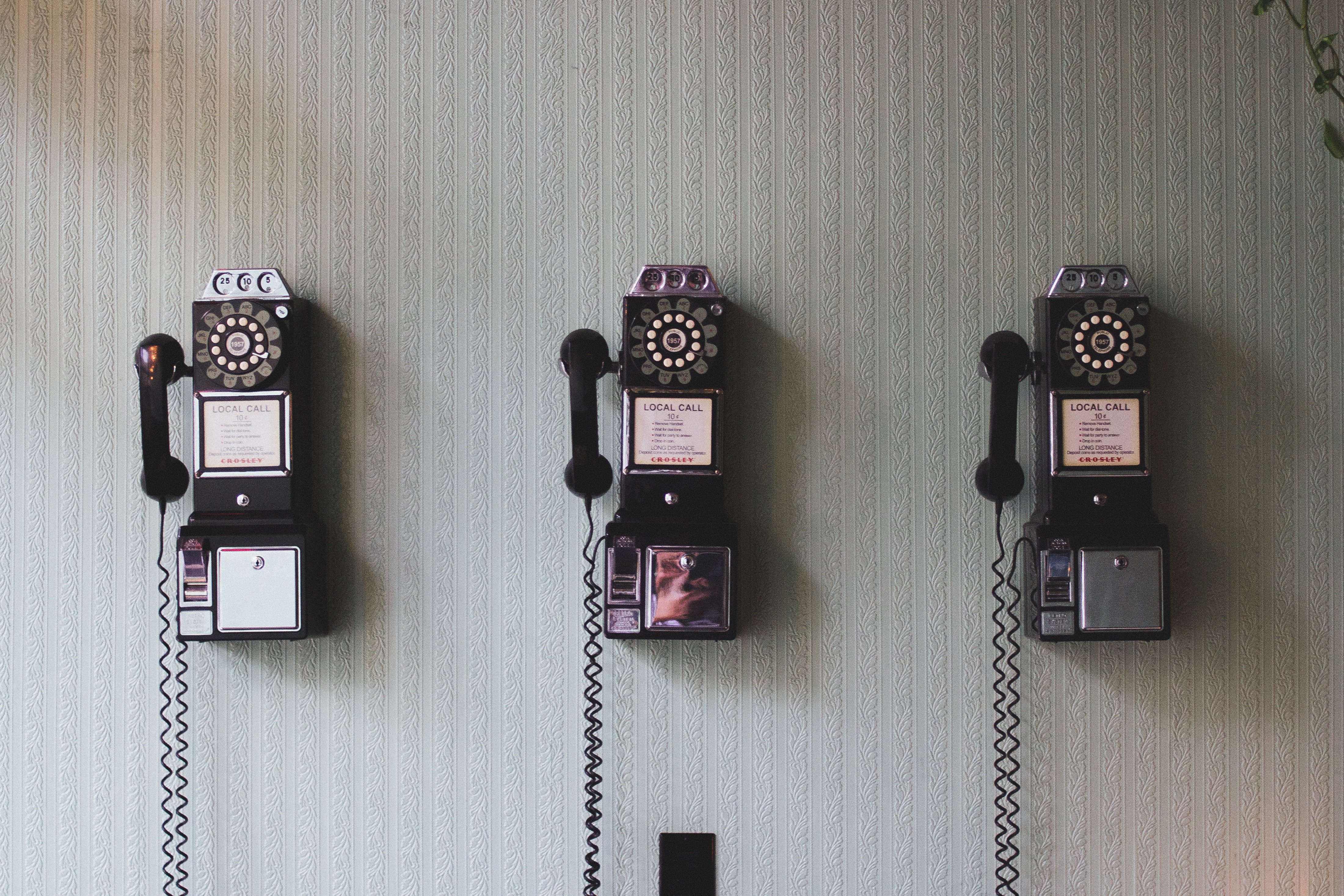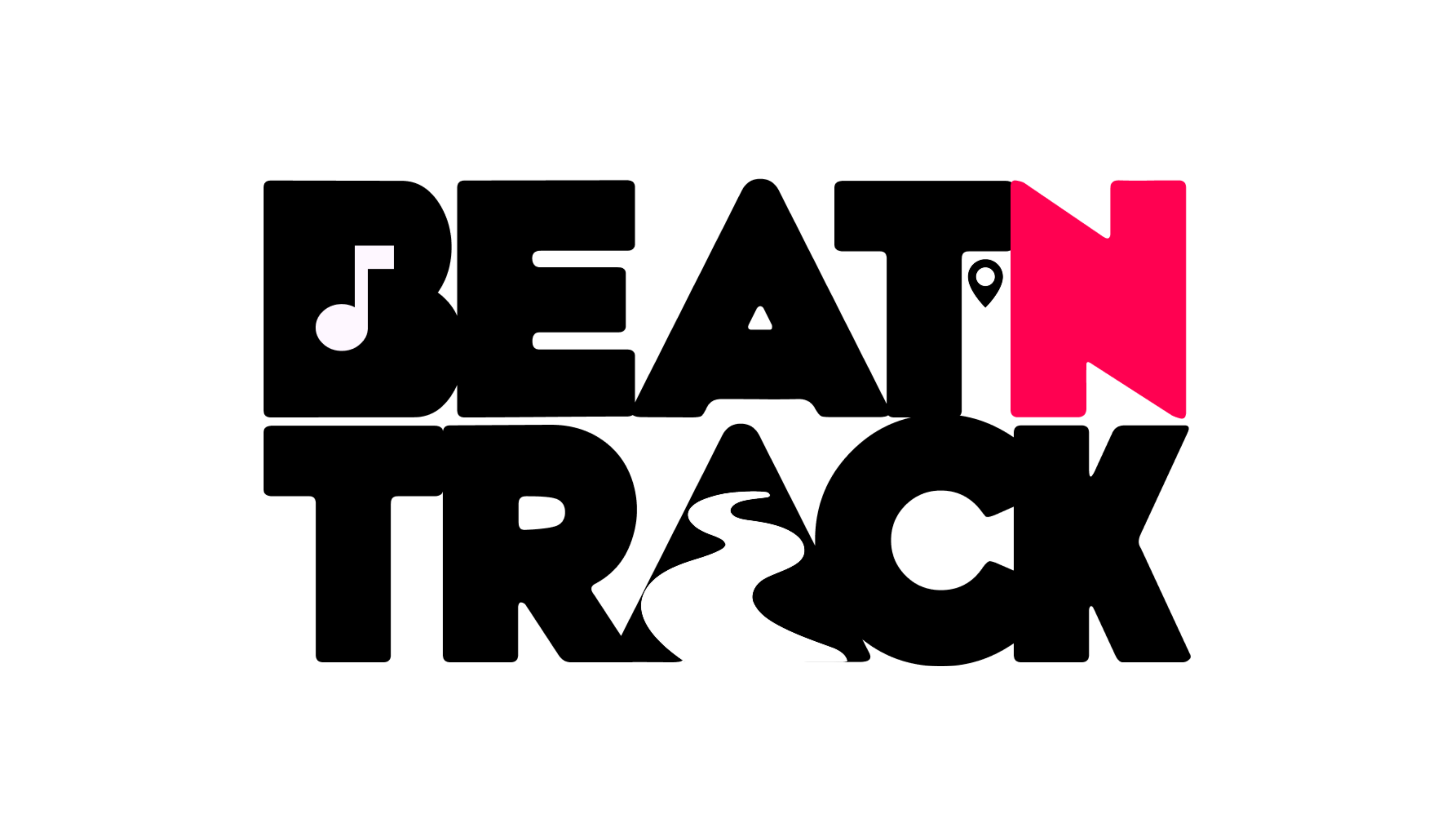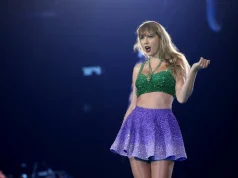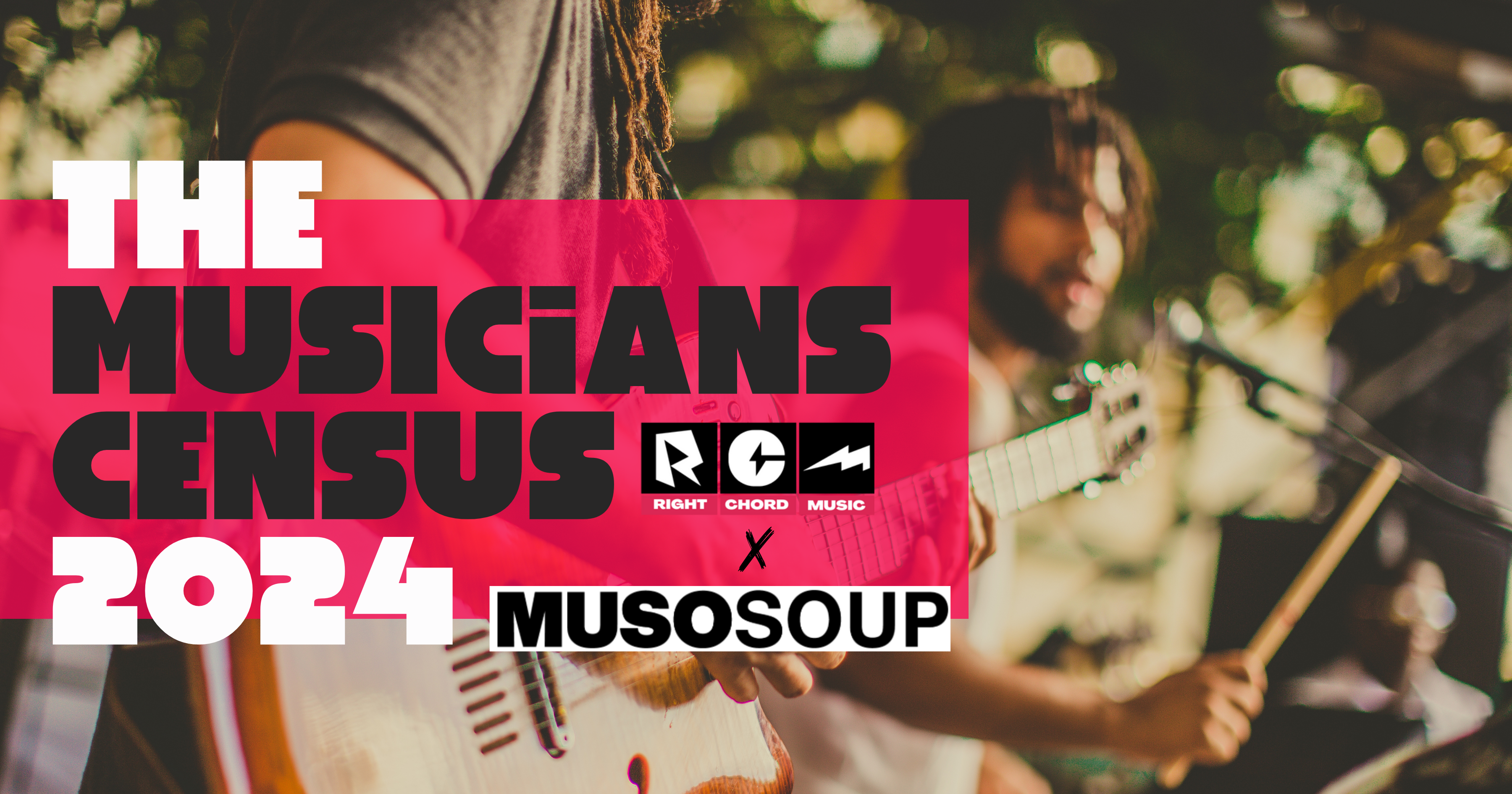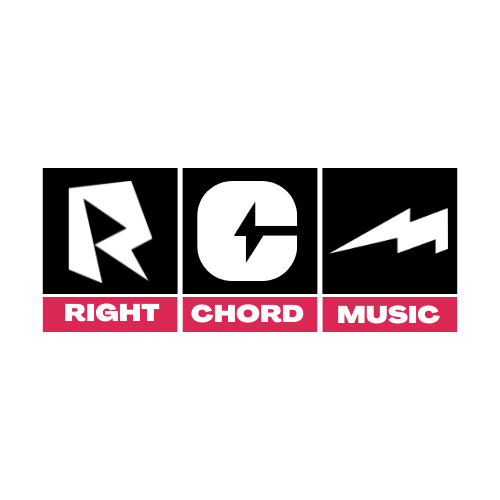1In the business world, a whole industry has been established around ‘customer relationship management (CRM) but how can unsigned bands benefit from this approach?

In this article, we’ll consider three strategies
- Identify, attract and win new customers
- Retain existing customers
- Re-invigorate relationships with former customers
It doesn’t take a genius to realise there are clear parallels between the value of CRM for a brand or business and CRM for unsigned bands. In order to have a successful music career (“business”), you need to have fans (“customers”). And those fans won’t come unless you work hard for it.
Below are some details on just what I mean, but first I want you to keep in mind two widely accepted business principles:
- Pareto’s 80:20 rule suggests 80% of your business comes from 20% of your customers.
- Winning new business from existing customers is cheaper than winning new business from new customers.
Here is how an unsigned band can apply the 3 CRM goals to their music career to develop better relationships with their fans:
1. Identify, attract and win new fans and supporters
Most unsigned bands don’t have money to spend on ‘push’ advertising or PR to reach a mass audience. Your best chance of success lies in ‘pull’ marketing where you supply your fans with compelling content and they promote you to their networks. Your ultimate audience is not your ‘Friends;’ it’s the ‘Friends of your friends.’ If you can burst out of your network into each of theirs, your potential audience will suddenly rocket. So encourage and incentivise them to share your posts.
Remember the second principle. It’s cheaper to win new business from existing customers than win new business from new customers. So make use of your existing friends as advocates.
2. Successfully retain existing fans and supporters
Sometimes it’s important to remind yourself why you are growing a fanbase on Facebook or Twitter. Many unsigned bands seem to spend all their waking hours collecting new ‘Likes’ and ‘Followers’ but never interact with any of them.
Facebook uses a system called Edgerank to prioritise the news in your feed. If you don’t interact with you fans you’ll become invisible very quickly. So when a new ‘Like’ or ‘Follower’ arrives, you have work to do. This is important: social media quantity should always go hand in hand with quality. Without engagement those ‘Likes’ quickly become meaningless.
Mailing lists are another key tool for retaining fans, but only if you use them in a smart way. Lazy mail-outs containing a summary of old news are pointless. Set rules for your mail-outs: “I will only ever contact fans when I can reward them, or offer them something exclusive.” “I will never just repeat news I’ve posted on Facebook.”
Always be critical of the communication you send. If it doesn’t genuinely interest or excite you, why would anyone else care? You don’t build relationships by spamming people.
Finally, don’t forget to ‘Surprise’ & ‘Delight’ your fans; it’s a proven brand tactic to retain interest. How about you surprise the next three fans that contact you on Twitter with a free t-shirt or free remix?
Also, you should be able to personally name your biggest fans. Who are the people who engage with you the most on Facebook? Who are the people who come to all of your shows? Who buys your music? By identifying these advocates you can start to create tailored rewards to encourage continued support. You could offer exclusive previews for a select group of top fans.
3. Reinvigorate relationships with former fans and supporters
Unsigned bands, make full use of the analytics provided to you by Facebook and YouTube. If you don’t already know, take time to find out (learn more about Facebook Insights and YouTube Analytics
Find out which 10 Facebook posts had:
- The greatest ‘Reach’ in the past three months
- The most ‘Engaged Users’
- Were the ‘Most talked about’
- The highest levels of ‘Virality’
What are your most engaging (based on % of video watched) videos on YouTube? Next, note down the commonalities to identify what an engaging post looks like. E.g.,
- Posted on a Monday morning
- Personal, warm friendly style
- Contain a question
- Include a good quality photo
- Contains a video
Once you understand the rules of engagement you can repeat the trick, and hopefully, win back some of the people who have switched off in response to your less engaging posts.
Bonus tip: Get organised.
Create a basic Excel database, to collect and manage your relationships. Start with a separate tab for:
- Artists
- Blogs
- Labels
- Promoters
- Publishers
- Radio stations
Then whenever you come across a new contact, add their key details: Name, Company, Job Title, Email, Phone. Or you can use an online service like Mail Chimp to get even smarter.
These 3 additional details take this from being a flat database into an active, useful CRM tool:
- When: Date last contacted
- Why: Reason for the last contact
- What: Outcome of the last contact
Keeping a track of when, why and what ensures you can tailor your response and follow-up in the most appropriate way, only sharing information that is relevant to them.
Don’t be afraid to follow up. If someone really has no interest they will tell you so. Don’t assume a non-reply is a no; it is often just a sign they are busy or disorganized. As a blogger I welcome reminders “Have you had a chance to check out our track yet?” Often a reminder will be enough to guarantee you a review (if the music is great).
A little thought and planning can really help improve the effectiveness of your fan communication, so don’t be in a rush to promote until you are ready.
Words Mark Knight
Originally posted as a guest blog for Reverbnation



